1000 KILOMETERS OF HOSPITALITY
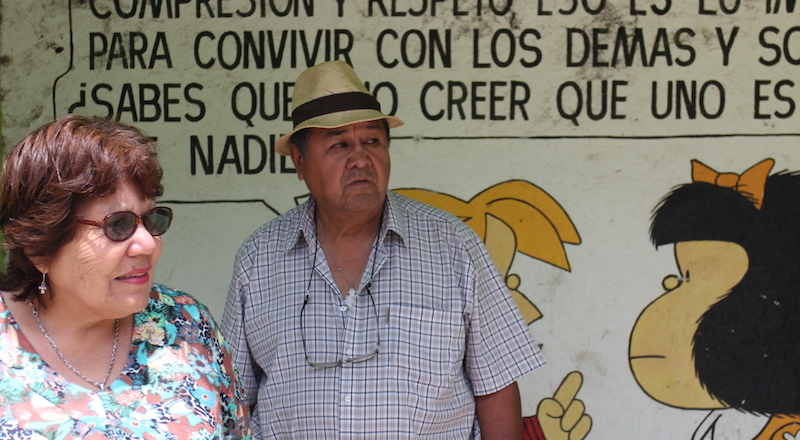
In my last post, I stated that people are just way too afraid of each others. Lovely, friendly people often warn you about bad people. “The world is full of weirdos”, they say. Yet, most people in this world are just as lovely and friendly as those people warning you about the bad guys. To show what I mean, here are the people I stayed with in Northern Argentina – cycling through the provinces of Formosa, Chaco, Santiago del Estero and Tucumán. This is what I call 1000 kilometers of hospitality!
Clorinda: Migue and Maria José
Clorinda is a small and cozy Argentinian town right at the border of Paraguay, 40kms from its capital city. I cross over from Asunción by ferry, and stay there for three days with Migue and Maria José (who I’ve contacted through Couchsurfing). A lawyer and a pizzeria owner, Migue and Maria José are a couple who love to travel and host travelers. When not abroad, they paint and do beautiful handicrafts and attend bicycle races in the wild. At their home, I get to taste some local family life. Moreover, we celebrate my 34th birthday with some tasty Italian pasta and a mouthwatering chocolate cake…Formosa: César
Formosa is the capital city of the Formosa province. It lies close to the Paraguayan border and, therefore, many customs and traditions of the area are still very much of Paraguayan influence. In Formosa, I stay for three days with César, a man working as a buyer for Coca-Cola (I end up in his home through a local cyclist). During my visit, me and César go to a peña (a traditional event of folklore dances and music), have three dinners with friends, go on a motorboat ride on the Rio Paraguay and much more. In addition, César hooks me up with Celia, with whom I later on cycle away from the city. (Right now, I’m on my way to Cafayate – a small town César recommended for me to visit.)Gran Guardia: Eleodora
At a crossing to Gran Guardia from the Ruta Provincial 81, lies the house of Eleodora. It’s the only house on the third cross of the Vía Crucis formoseño, where the cycling pilgrims stop for lunch, annually a week before Easter. One of the pilgrims contacts Eleodora on the day I leave Formosa, to ask if I can pitch my tent on her grounds when I pass by. She says “yes”. As I get to the house, however, Eleodora invites me inside, offers me a bed, some mates and the chance to take a shower. Eleodora lives in the house with her “boyfriend”, a kind man (whose name I was never told) working with cattle in the fields nearby. Eleodora’s previous husband “has been taken away by God”, according to her own words.El Colorado: Jorge
In El Colorado, I first come across a lovely Argentinian family at a small restaurant. I stop there to eat a salad and an omelette (dying of hunger after cycling for 120kms) and end up talking with them for hours. Later on, at the municipality, I’m told that the best place to pitch my tent is at the local sports field. I’m taken there by a woman working for the municipality, and on spot am greeted by Jorge – the field guard. He immediately offers me a place to sleep inside the office (which stays empty during the night) and shows me where the showers are. Around 10pm I’m woken up by the mayor of El Colorado, who comes to bring me a mattress and a fan for the night!Paraje El 50: Maria
Paraje El 50 is not a town, but a bunch of small farm houses at a crossroads. Outside one of them, I spot a woman working with a horse, and ask her, whether I can pitch my tent in their grounds. It has rained a lot the day before, so she says the ground is too muddy for a tent, but that they have a spare shed in the yard where I’m welcome to stay. I take my things to the shed and take a bath in a room with bricks on the floor and a bucket of water on the ground. After that me and Maria drink mate while watching Mexican soup operas. The family even installs a lamp for my shed (although I tell them I have a head lamp) and bring me spirals against mosquitoes.Campo Largo: Hermana Renée
Campo Largo is straight from the Wild West. It’s in the middle of the dry Chaco, one of the poorest areas of Argentina. In the outskirts of the city, men fabricate bricks outside their houses made of steel plates. Next to them, smoke rises from little mud huts where carbon is burnt. As I enter the town and ask two local women where to pitch a tent, I’m told to go to the house of Sister Reneé. With no idea who that is, I knock on her door and am greeted warmly by ten women sitting around a table. I’m immediately given a room, a chance to take a shower and to wash my clothes. I stay for two nights, curious to visit the local kindergarten and a school for street kids. They have both been started by my host, a Belgian nun living in Campo Largo since 40 years.General Pinedo: Emi and Eli
General Pinedo is another typical village in the Chaco. Sister Reneé has advised me to approach the churches in the next villages for places to sleep. Yet, in Pinedo, the church cannot offer me accommodation, but I’m told that the “council of women”, which is currently organizing a book fair in town, can. At the book fair, the first person I address is Eli, who just happens to be the councillor herself. Lacking official accommodation options, she invites me to stay at her house! Later on, we decide that I will stay with her lovely friend Emi, but before nightfall we all spend the evening together – first listening to local chacarera music and eating pizza at the book fair, later having a small party at Emi’s place.Quimilí: Ernesto “Tucho” Mazoud
Quimilí is the first town I visit in the province of Santiago del Estero. It’s a nice little town with a main square and some green around. As I often do in small towns, also in Quimilí I go ask the local fire department, whether I can pitch my tent there. I’m told to return in an hour, when the boss is back. In the meanwhile, I go for stroll around the town and start talking to a local pharmacist in front of his shop. As “Tucho” discovers I have no place to sleep yet, he calls his cousin and asks him if he has available rooms in his hotel. After the phone call “Tucho” takes me to a hotel around the corner, tells me he will pay for my room and for anything I want to eat that night. I’m so tired and hungry, I cry out of happiness.Suncho Corral: Roberto and Enrique
Suncho Corral is definitely one of the grimmest towns I’ve visited in Argentina. The town is basically just one road, it’s hot as in a sauna when I get there, and everything is closed because it’s Sunday. The only people outside are men (which is often the case in towns where women stay inside to clean and cook) and they all gaze at me. Gladly, “Tucho” from Quimilí has given me a paper with his friend’s name on it. I ask a local kiosk owner for advice, and she directs me to the house of Enrique. There, I am greeted by him and his brother Roberto, who immediately offer me the chance to take a shower and a bed to sleep in. No tent this time either.Santiago del Estero: Eugenia
In the towns before, I’ve been warned about robberies in Santiago del Estero. It’s not a huge city, but it’s surely bigger than any of the towns I’ve been to after leaving Asunción. There, I have the name and address of a shop owned by Ms. Eugenia, a friend of my friend Ruben. For some reason, I’ve interpreted she has offered to host me, which she hasn’t. Not aware of this, I haven’t contacted anyone on Couchsurfing, nor have I written to another friend’s father, who also lives in Santiago del Estero. So, I look for Eugenia’s shop and thank her that I can stay over. Very confused, she does invite me over, although her son is currently at the hospital and the whole family is in crisis…It’s not really the time for photos, either.


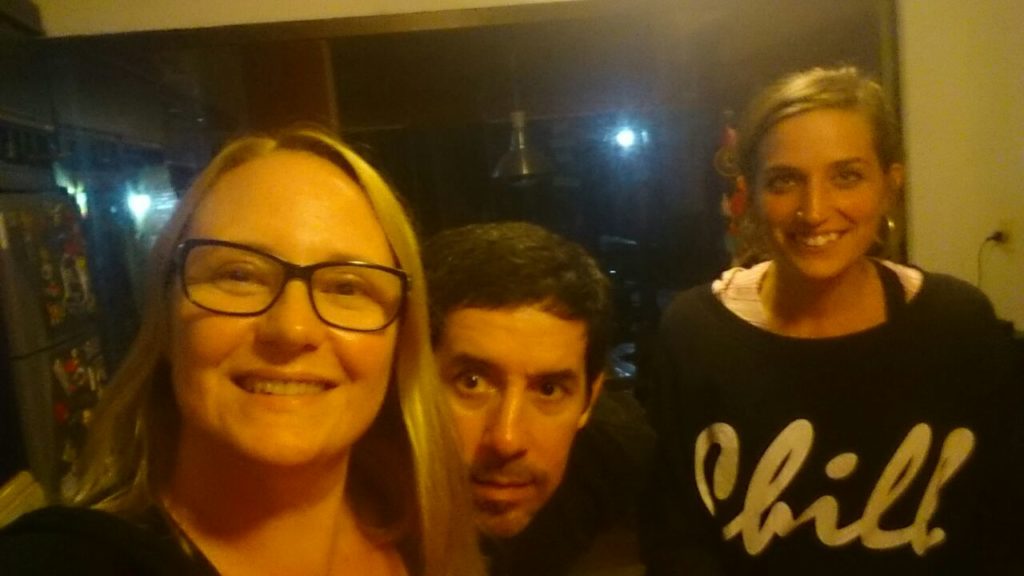
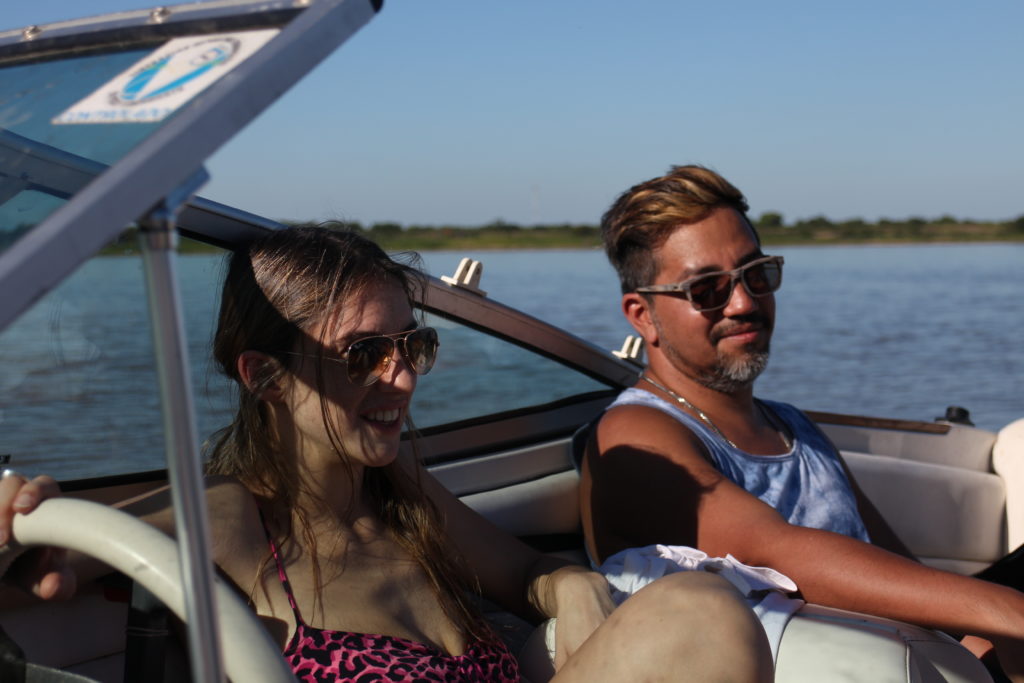
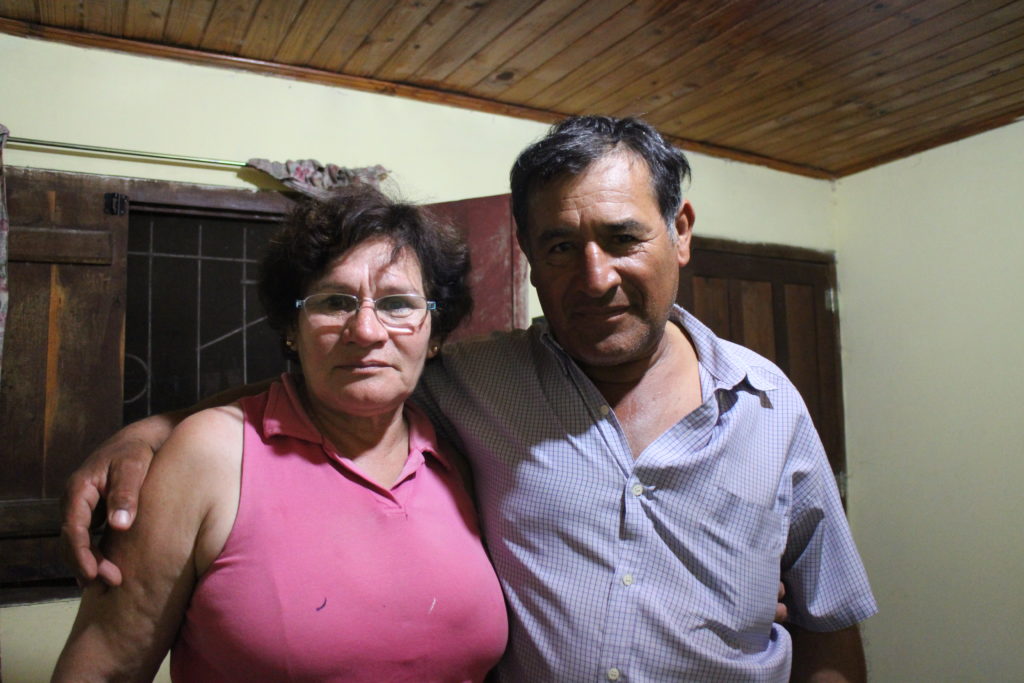
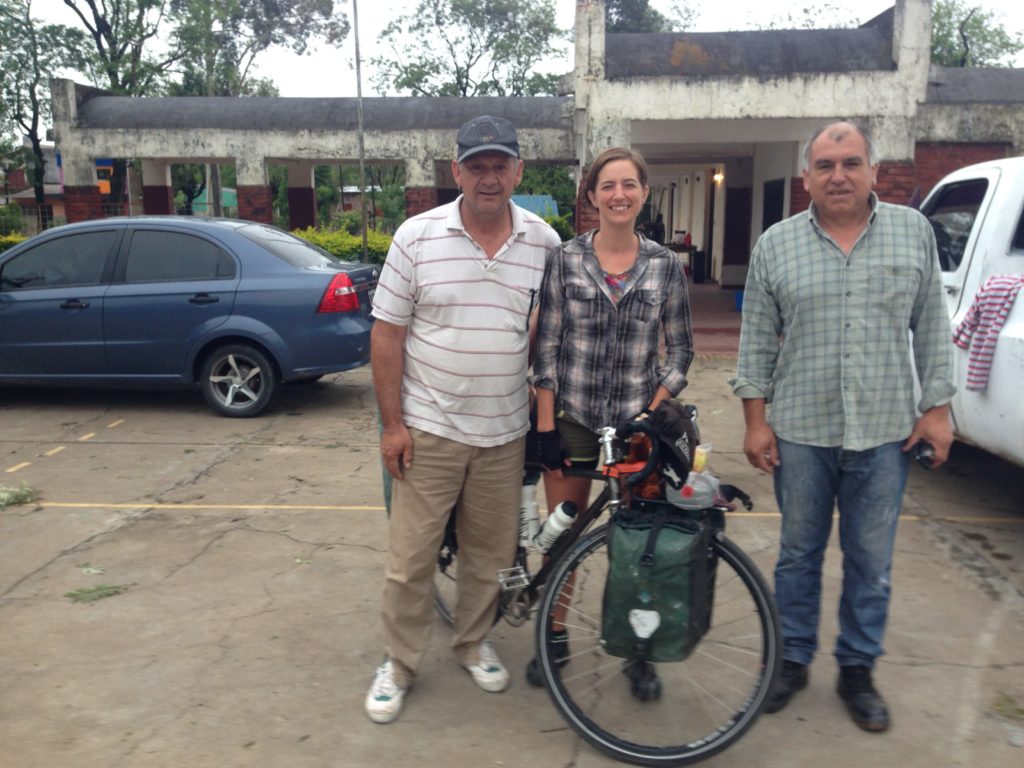
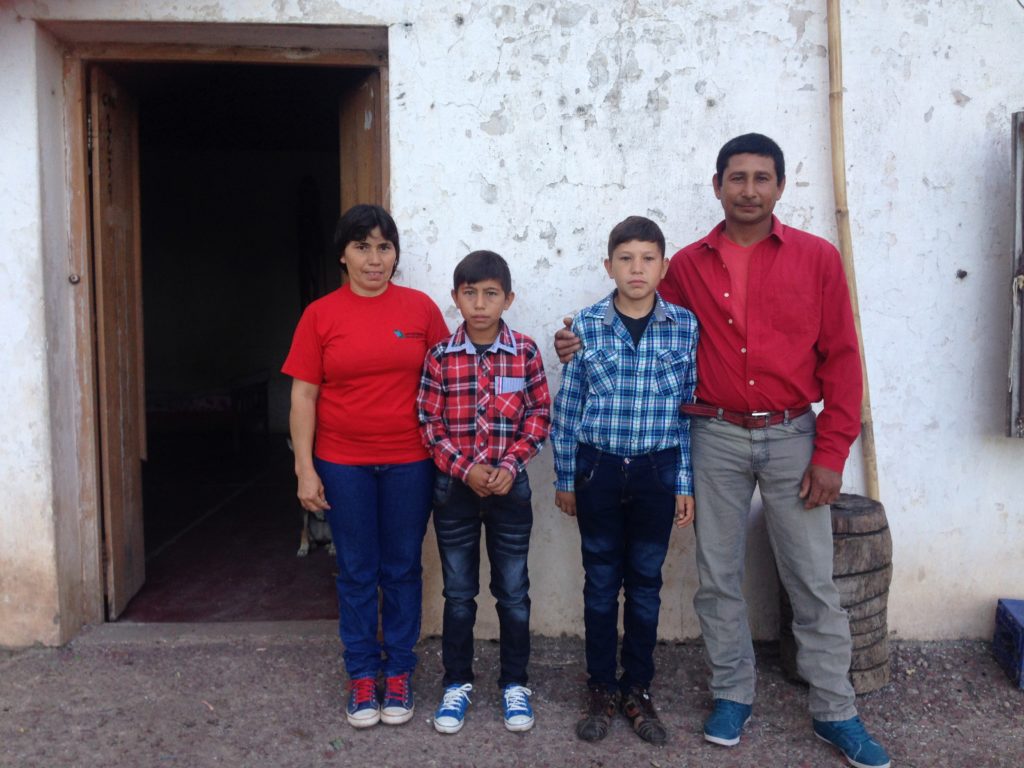
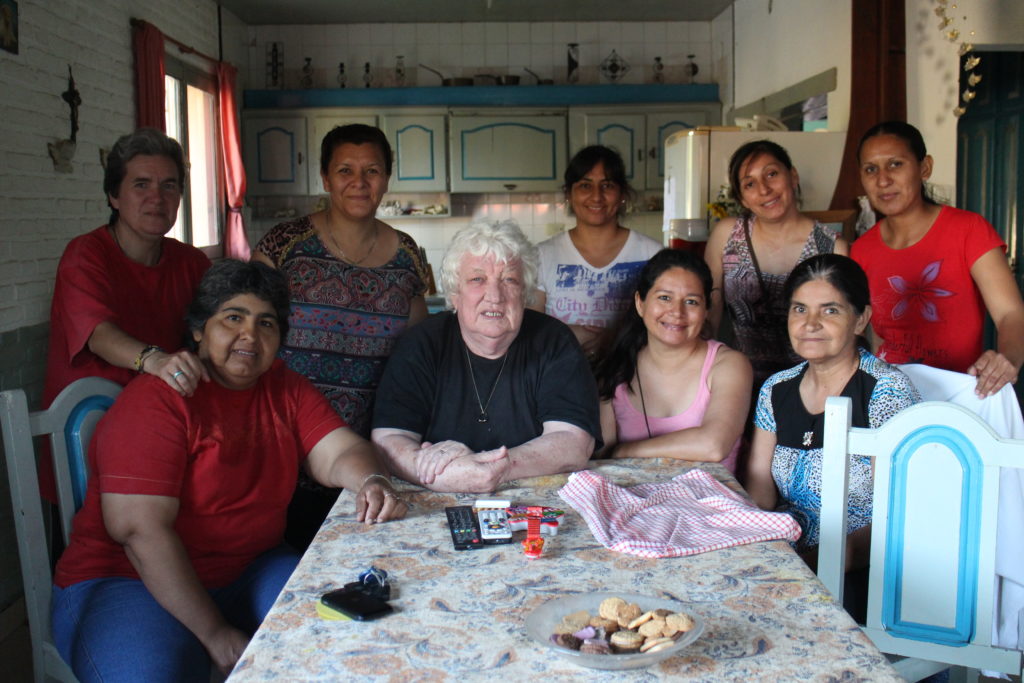
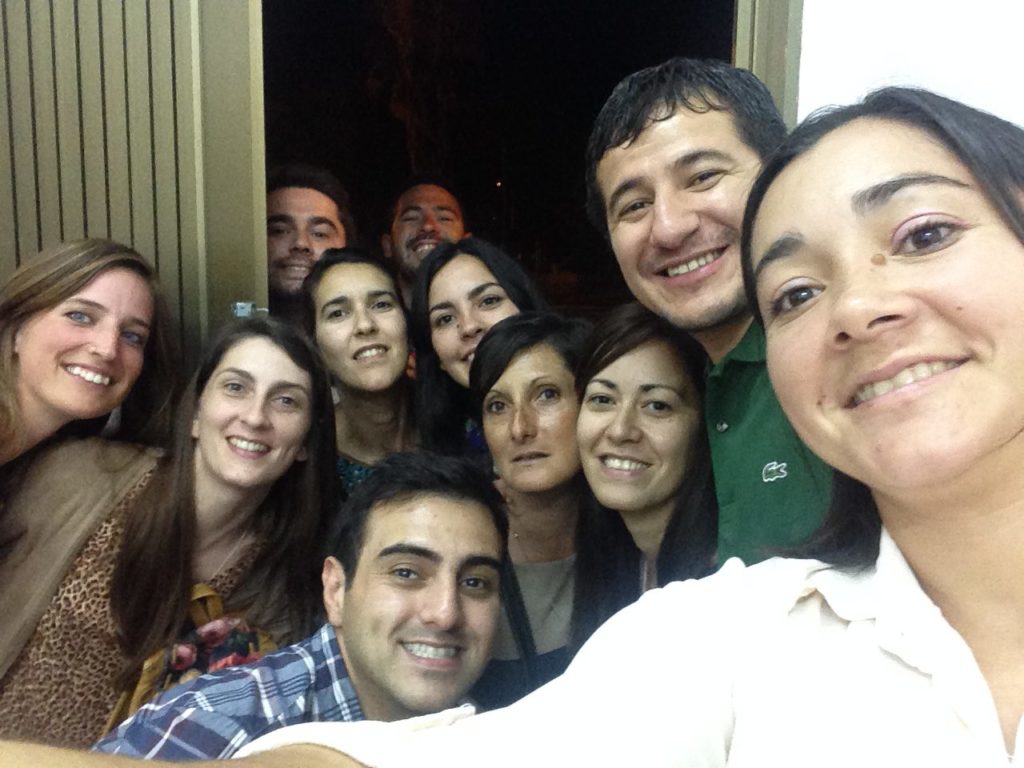
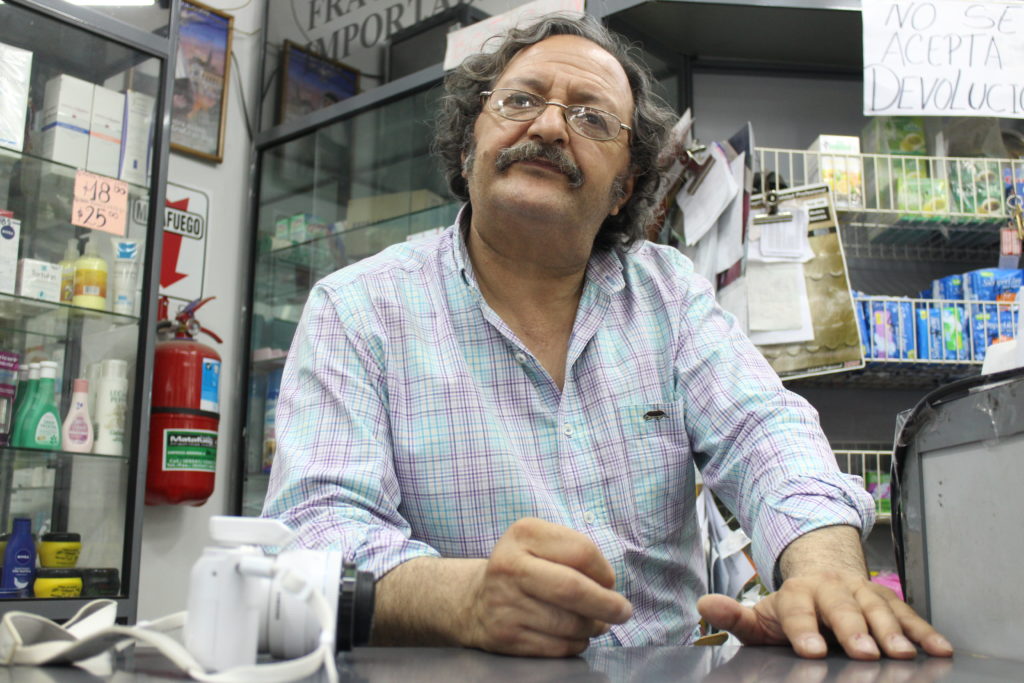
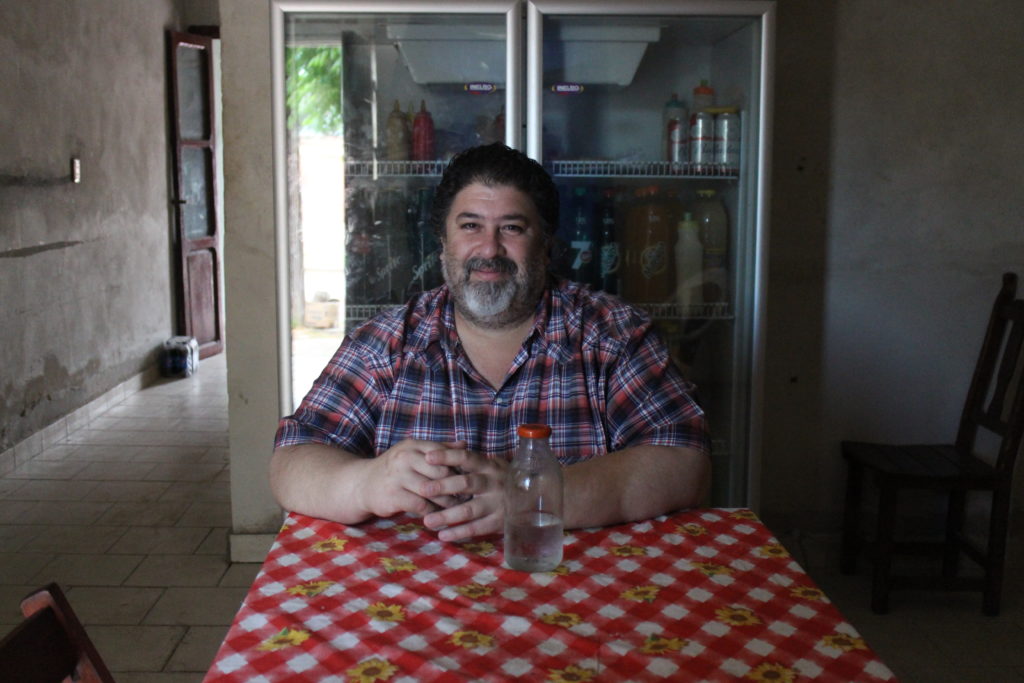
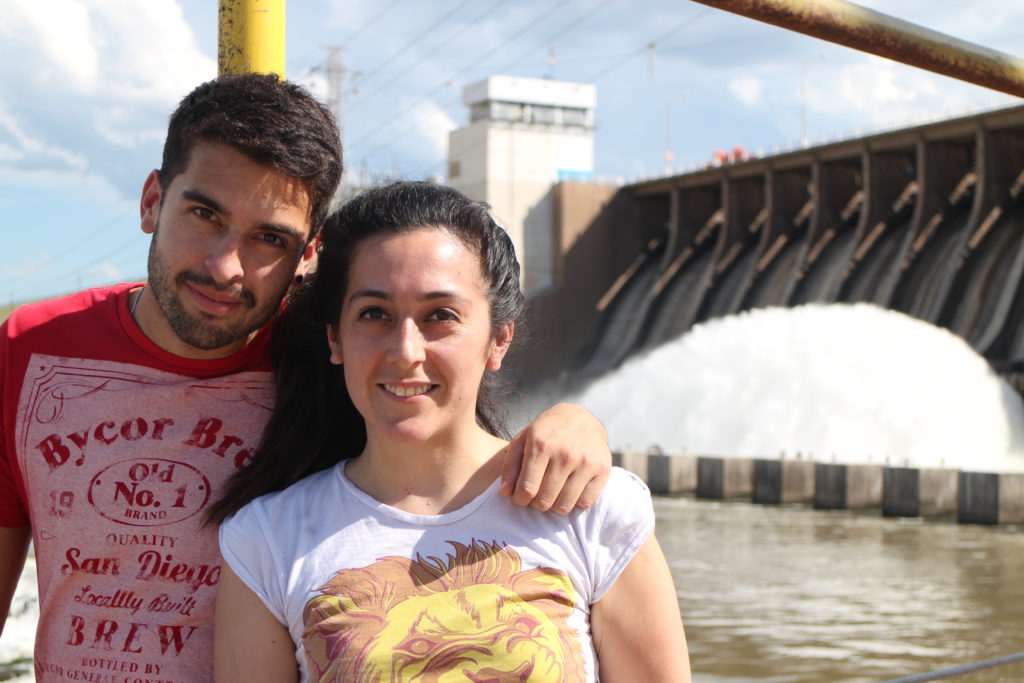
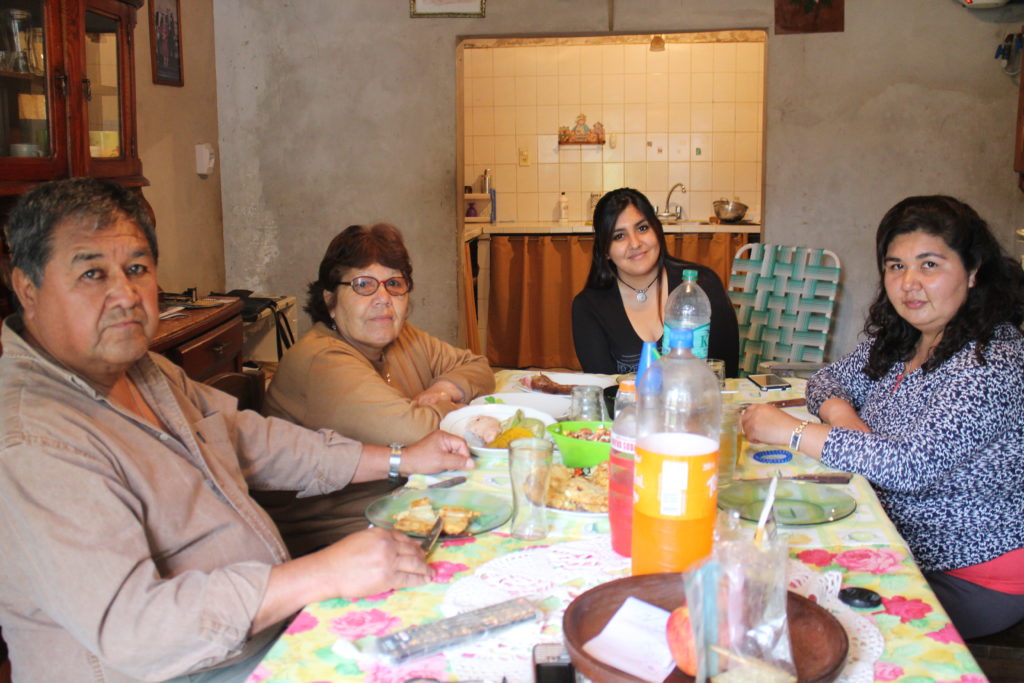
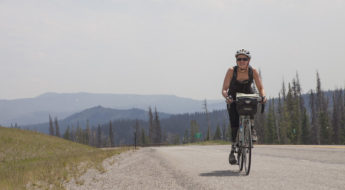
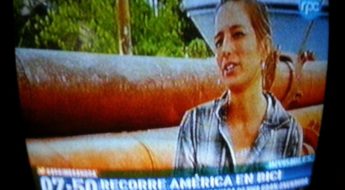
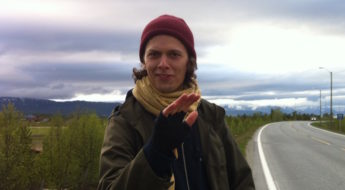
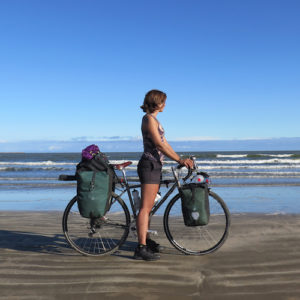
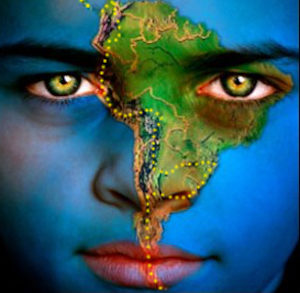
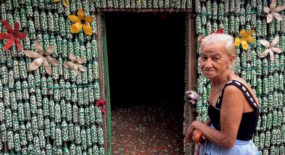
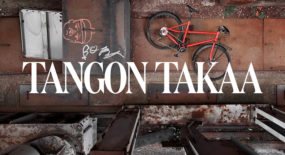
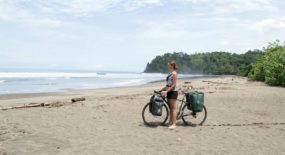
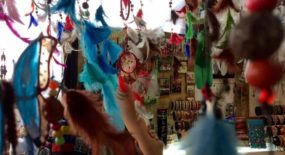
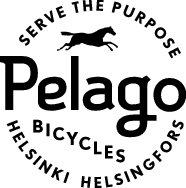

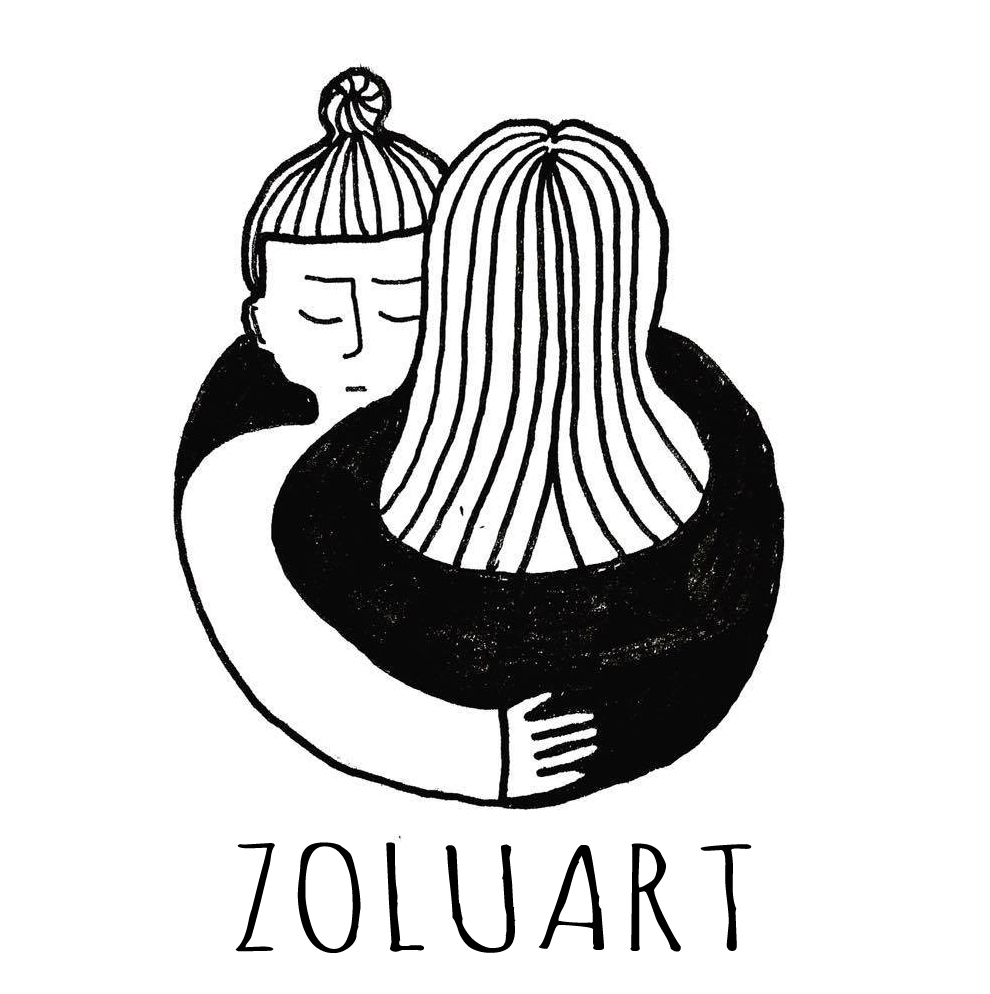



‘The echo from the forrest comes back just the same than you call’/’Niin metsä vastaa kuin sinne huudetaan’! If you are open and friendly people will treat you in the same way!
So it seems! People have been incredibly wonderful towards me. I just hope I can “pay them back” with even half what they have done for me!